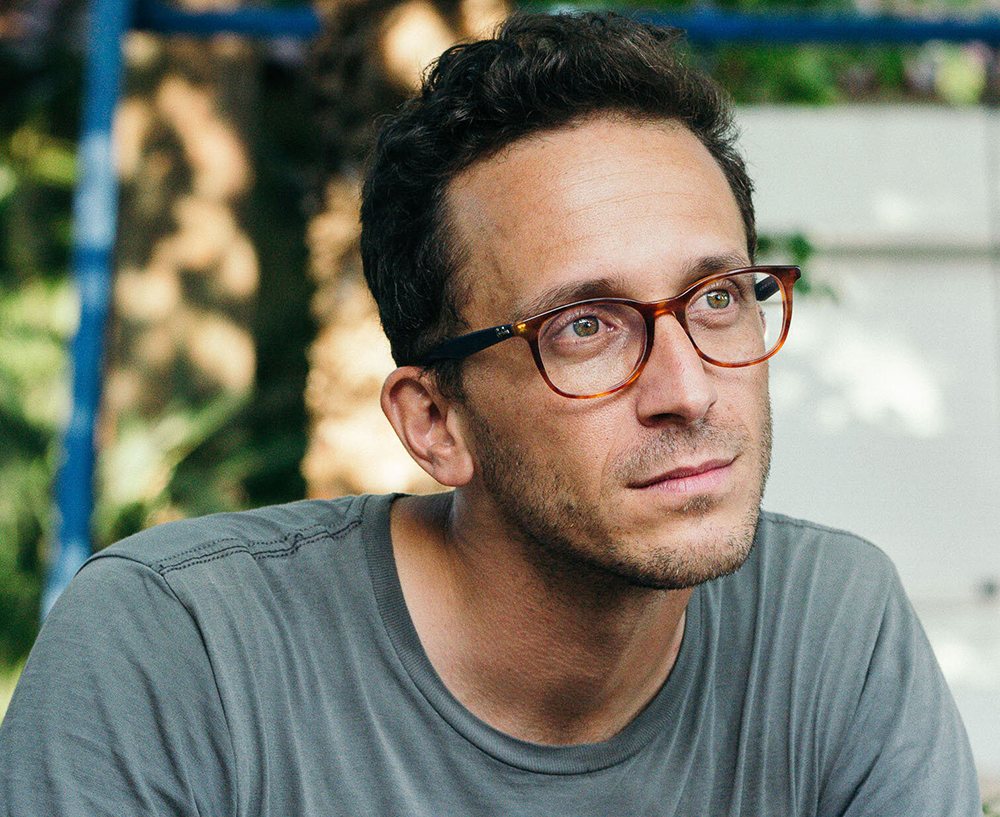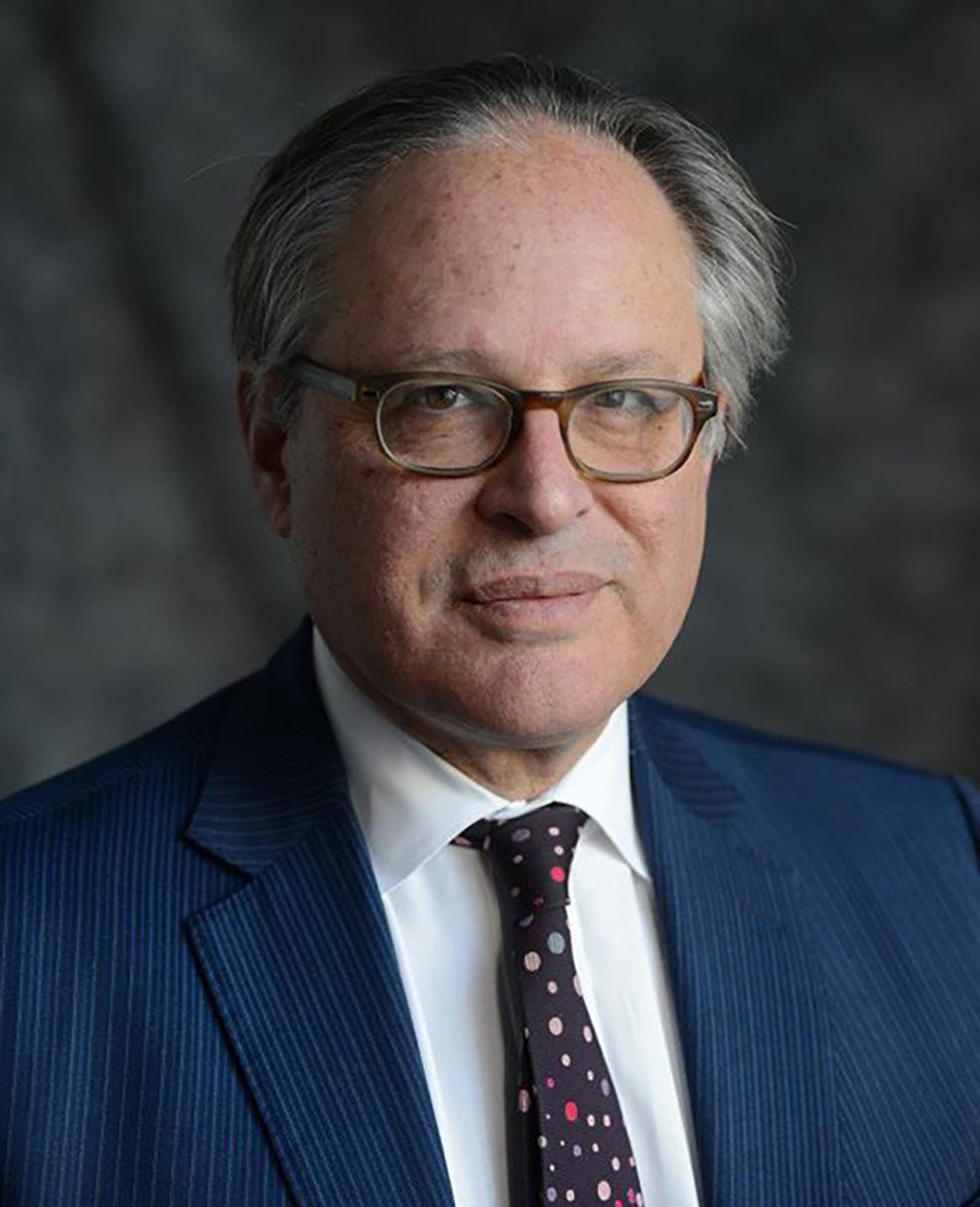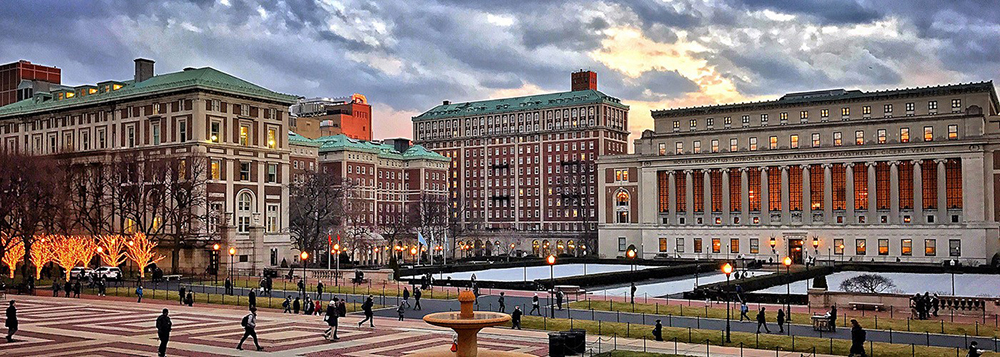|
Getting your Trinity Audio player ready...
|
Edited by: Fern Sidman
In the aftermath of the October 7th Hamas brutal massacre of 1200 Israelis and others, Columbia University in the Morningside Heights section of Manhattan has taken decisive action to address the issue of anti-Semitism on its campus. However, according to a recently published report in the New York Times, the university’s task force charged with combating this pervasive issue has encountered a major hurdle: the inability to settle on a clear definition of what anti-Semitism actually is.
The debate within the task force reflects broader tensions within the university community and beyond, where competing factions advocate for divergent definitions of anti-Semitism, as was reported in the NYT. At the heart of the issue is the question of whether criticism of the state of Israel should be considered anti-Semitic. This debate pits two distinct viewpoints against each other.
The first definition, favored by the U.S. State Department and many supporters of Israel, broadens the scope of anti-Semitism to include the “targeting of the state of Israel.” This expansive definition could potentially label much of the pro-Palestinian activism sweeping Columbia’s campus as anti-Semitic, sparking controversy and division among students and faculty alike.

Conversely, the NYT report indicated that the second definition takes a narrower approach, distinguishing between anti-Zionism and anti-Semitism. Advocates of this definition argue that conflating criticism of Israeli policies with anti-Semitism undermines legitimate discourse and could lead to accusations of the university not taking anti-Semitism seriously enough.
The task force’s refusal to settle on a specific definition has drawn sharp criticism from both sides of the debate. According to the information provided in the NYT report, Shai Davidai, a Columbia professor and advocate for the broader definition, expressed his frustration, stating, “If you don’t diagnose the problem, you don’t have to deal with it. Saying we don’t want to define it so we don’t have a problem, that’s copping out.”
On the other hand, the report in the NYT noted that pro-Palestinian and anti-Zionist faculty and students, many of whom are Jewish themselves, fear that without a clear definition, the task force’s efforts to combat anti-Semitism could inadvertently stifle free speech and activism on campus.

Columbia University’s dilemma underscores the broader challenge faced by universities across the country as they grapple with protecting free speech while also addressing instances of discrimination and harassment, particularly against Jewish students. The task force’s mandate to understand how anti-Semitism manifests on campus and improve the climate for Jewish faculty and students is further complicated by the contentious nature of the debate over definitions.
The pressure on universities to address anti-Semitism has intensified in recent months, with Columbia’s president, Nemat Shafik, and the co-chairs of its board of directors called to testify at a congressional hearing on April 17, as was mentioned in the NYT report. This congressional scrutiny follows a contentious hearing in December, where presidents of other prestigious universities struggled to address questions regarding school policies on anti-Semitism, particularly in the context of calls for genocide against Jews.
Columbia’s legal woes further complicate its response to anti-Semitism allegations. The university is currently embroiled in a federal civil rights lawsuit filed by over a dozen Jewish students. According to the NYT report, the lawsuit paints a grim picture of Columbia as an institution where “mobs of pro-Hamas students and faculty march by the hundreds shouting vile anti-Semitic slogans, including calls to genocide.”
However, the characterization of certain slogans and chants as anti-Semitic remains a point of contention. The information in the NYT report explained that pro-Palestinian demonstrators have argued that slogans such as “By any means necessary” and “There is only one solution, intifada, revolution” do not constitute calls to genocide but are merely expressions of political activism.

In response to mounting pressure and legal challenges, Columbia formed a task force to address anti-Semitism on campus. The university appointed three Jewish professors as co-chairs of the task force, citing their experience and understanding of Columbia’s workings, as per the NYT report. While these professors may not be experts in anti-Semitism research, they bring a nuanced understanding of the university’s dynamics to the table.
The co-chairs of the task force emphasize that their goal is not to define anti-Semitism but rather to address the concerns of Jewish students and faculty and seek practical solutions to improve their sense of security and well-being on campus, the NYT reported. They argue that labeling incidents as anti-Semitic or not is not within the purview of the task force, which instead focuses on fostering a supportive environment for the Jewish community.
Led by co-chair Nicholas Lemann, a former dean of the journalism school, the task force is confronted with the daunting task of listening to the grievances of students and faculty while navigating the complex terrain of defining and addressing anti-Semitism.
Lemann, in an interview with the NYT highlighted the urgency of the situation, stating, “I get letters from parents every single day, just regular people, students… ‘Why aren’t you listening? Why aren’t you doing anything?’” He emphasized that the task force’s primary objective is not to define anti-Semitism but rather to lend a sympathetic ear to the concerns of the Columbia community and explore avenues to alleviate the discomfort and distress experienced by Jewish students and faculty.
The debate over the definition of anti-Semitism adds another layer of complexity to the task force’s mandate. According to the NYT report, pro-Israel Jewish advocacy groups have long advocated for the adoption of the International Holocaust Remembrance Alliance (IHRA) definition, which encompasses anti-Zionist speech within its scope. Endorsed by over 40 countries, including Israel, since 2016, the IHRA definition frames anti-Semitism as a perception of Jews that may manifest as hatred, but its examples regarding Israel have sparked controversy, the report added.

Critics argue that the IHRA definition’s examples, particularly regarding the denial of Israel’s right to self-determination, could stifle legitimate political criticism of the Israeli government’s policies. As indicated in the NYT report, left-wing Jewish groups, on the other hand, advocate for alternative definitions, such as the Jerusalem Declaration, which adopt a more lenient stance on criticism of Israel, including support for boycotts and sanctions against the Jewish state.
Similar tensions have been observed at other prestigious institutions such as Harvard and Stanford, where task force members have faced criticism for not endorsing a more expansive definition of anti-Semitism. The report in the NYT said that at Stanford, this tension led to the resignation of a task force co-chair, highlighting the challenges universities face in navigating this sensitive issue.
At Columbia, the task force co-chairs are wary of falling into a similar predicament. However, the reluctance to define anti-Semitism poses significant challenges. Speaking to the NYT, Dov Waxman, an expert on anti-Semitism at UCLA, emphasized the importance of understanding the issue to effectively combat it, stating, “If you want to understand any issue and any problem, you need to have an understanding of what it is.”
Waxman suggested that the Columbia task force consider referencing multiple definitions, a strategy adopted by the Biden administration in its anti-Semitism strategy, as was explained in the NYT report. While the task force has not ruled out this approach, Lemann acknowledged the complexity of the issue.
Tensions have escalated during task force listening sessions on campus, with some sessions turning confrontational. During a session with graduate students, several anti-Zionist Jews questioned the definition of anti-Semitism and voiced concerns about their views being included in it. The report in the NYT said that this led to a heated exchange, with accusations of hostility leveled against task force co-chair Ester Fuchs.
Fuchs defended the purpose of the listening sessions amidst criticism from students, stating, “attempted to disrupt the session and ignore its purpose — to listen to students’ concerns and experiences with anti-Semitism on campus.”
In response to the incident, four students penned a letter to Columbia administrators calling for Fuchs’s replacement on the task force by an anti-Zionist representative. Noted in the NYT were the comments of Caitlin Liss, a Jewish graduate student who signed the letter. She emphasized the diversity of Jewish perspectives on Zionism and expressed frustration with the administration’s handling of the issue.
However, the task force’s efforts have not been without challenges. The NYT report said that Joseph Howley, a Jewish classics professor and supporter of Columbia’s pro-Palestinian movement, expressed skepticism about the effectiveness of the listening sessions, stating, “I have no reason to believe I’ll be taken seriously.” Despite invitations extended to faculty members, only a few critics of Israel attended the sessions, reflecting the deep divisions within the university community on the issue.

In one session, tensions flared when Amy Werman, a professor at the School of Social Work who supports Israel, questioned the task force’s efficacy, suggesting it might be mere “window dressing” to appease Congress. According to the NYT report, Professor Fuchs’s response to Werman’s inquiry was met with discomfort, with Werman recalling, “I felt like she was attacking me.” However, Fuchs disputed this characterization, affirming the task force’s commitment to its mandate.
Despite the contentious atmosphere, some Jewish students have found the listening sessions to be valuable platforms for expressing their concerns. Rebecca Massel, a sophomore covering anti-Semitism for The Columbia Spectator, noted that the sessions provided an outlet for students to voice their grievances and engage in constructive dialogue on the issue, the NYT report observed.
Looking ahead, the task force is taking steps to further its research and recommendations on anti-Semitism at Columbia. By hiring a research director to develop a comprehensive study on anti-Semitism and recommend training materials for the university, the task force aims to enhance its understanding of the issue and implement effective strategies to address it.
Columbia University’s task force on anti-Semitism has released its inaugural report in the form of a 24-page document that emphasizes the need for additional limits on protests and better enforcement of existing rules to tackle the virulent Jew hatred on campus.
Professor Fuchs highlighted the impact of protests on campus life, stating, “Protests are the most overtly disruptive to life on campus and make people feel like they’re unsafe, like they’re unwelcome and they should find another place to go to school,” according to the NYT report.
Addressing the issue of anti-Israel protest chants, such as “Death to the Zionist State,” the report refrained from making definitive conclusions, leaving the question of whether such chants constitute discriminatory harassment to legal experts, as was highlighted in the information contained in the NYT report. However, the task force urged the university to provide more guidance on the meaning of “discriminatory harassment,” including anti-Semitic harassment, to better address the concerns of Jewish and Israeli students.
Also speaking to the NYT was David M. Schizer, another co-chair of the task force and former dean of Columbia’s law school. He explained the rationale behind the decision not to define anti-Semitism within the context of discriminatory harassment. He emphasized the importance of maintaining a general policy definition to ensure compliance with federal law and prevent differential treatment of protected classes, the NYT report added.




